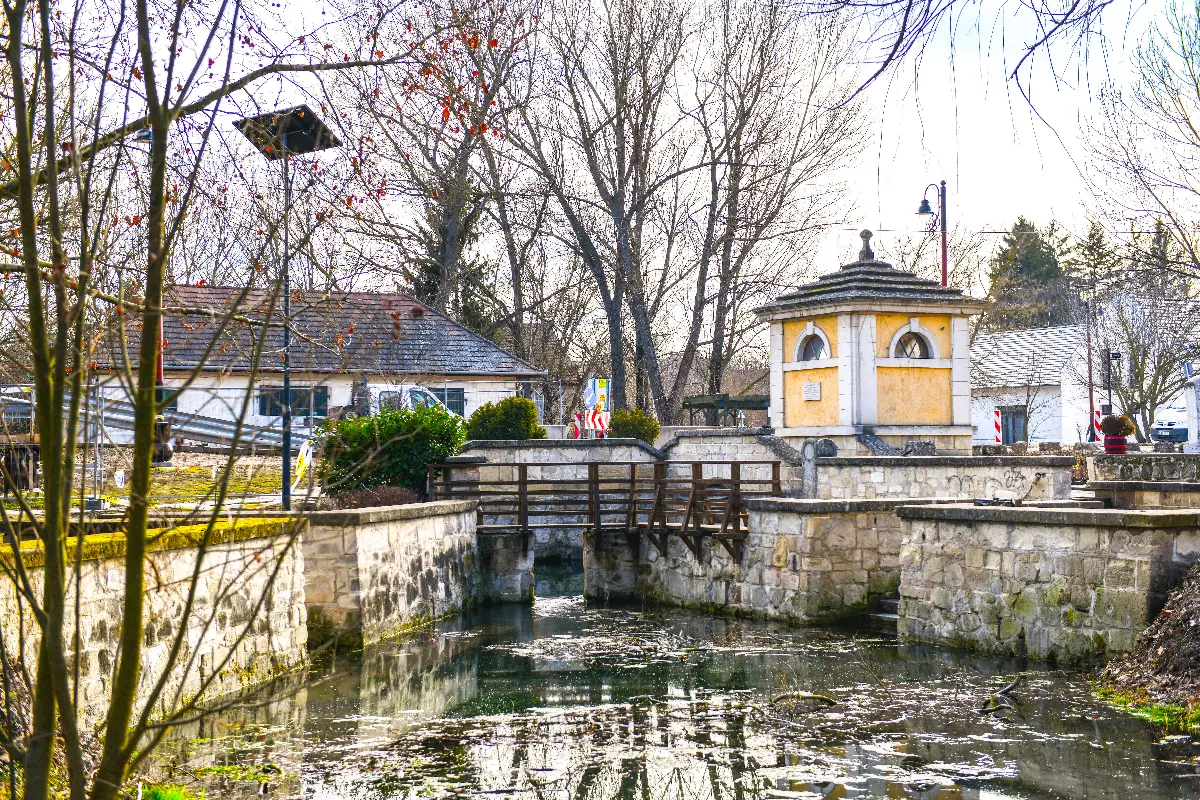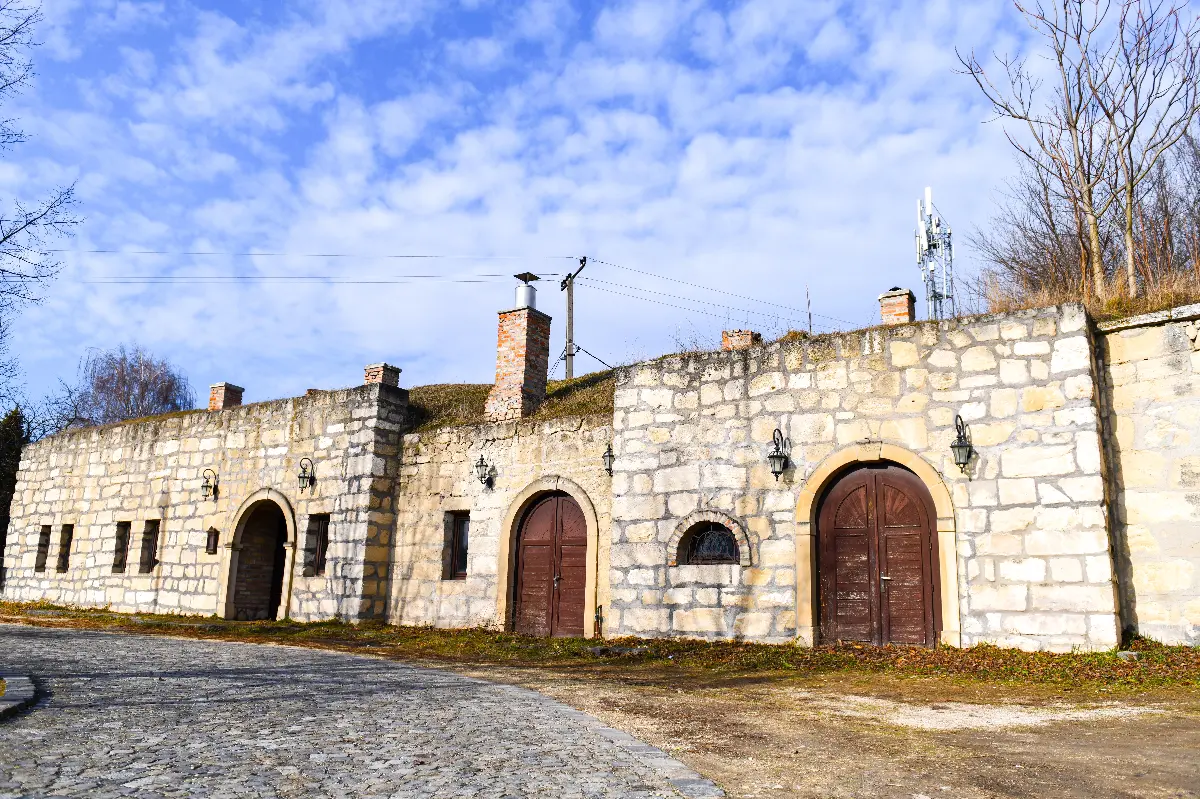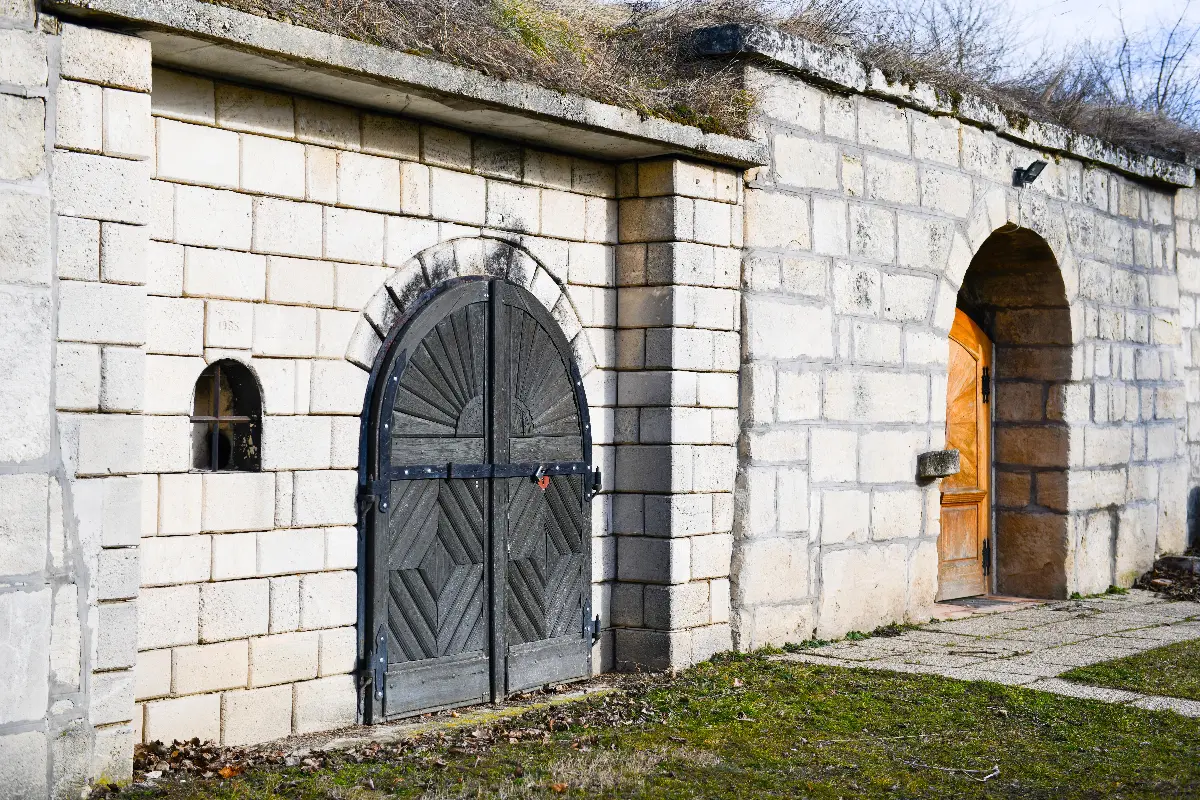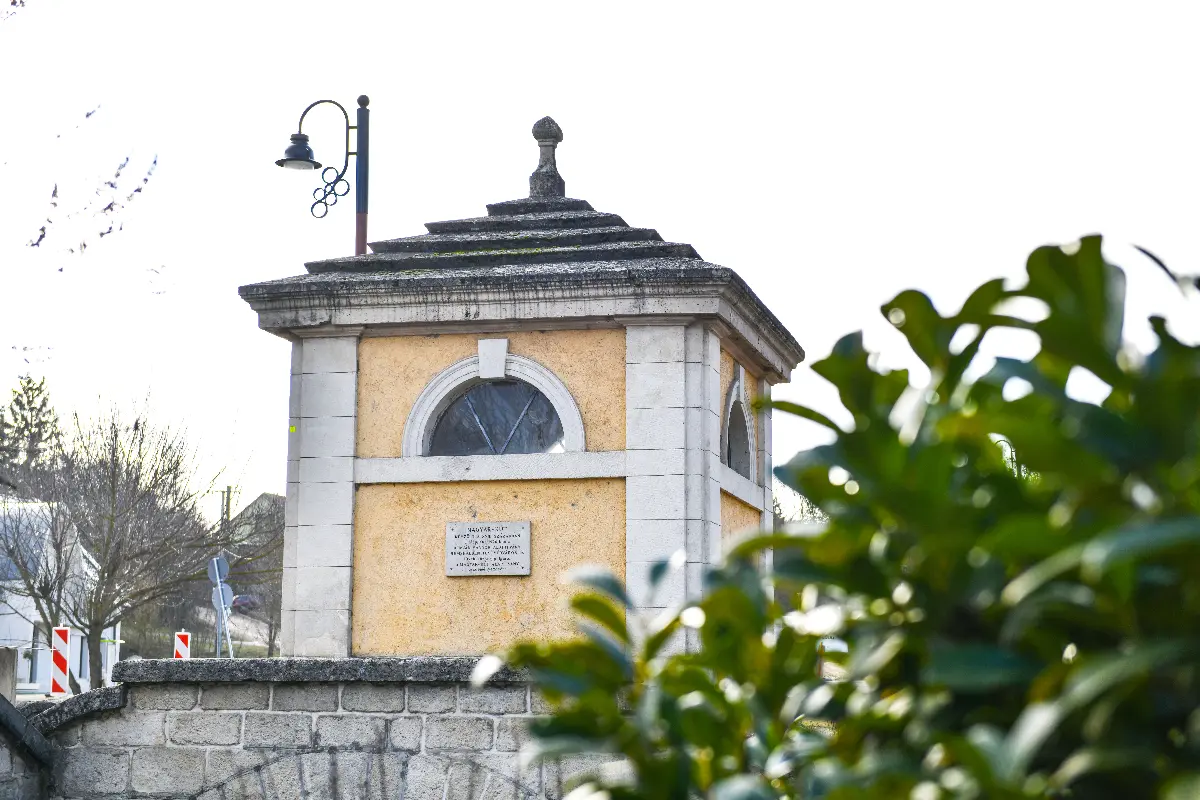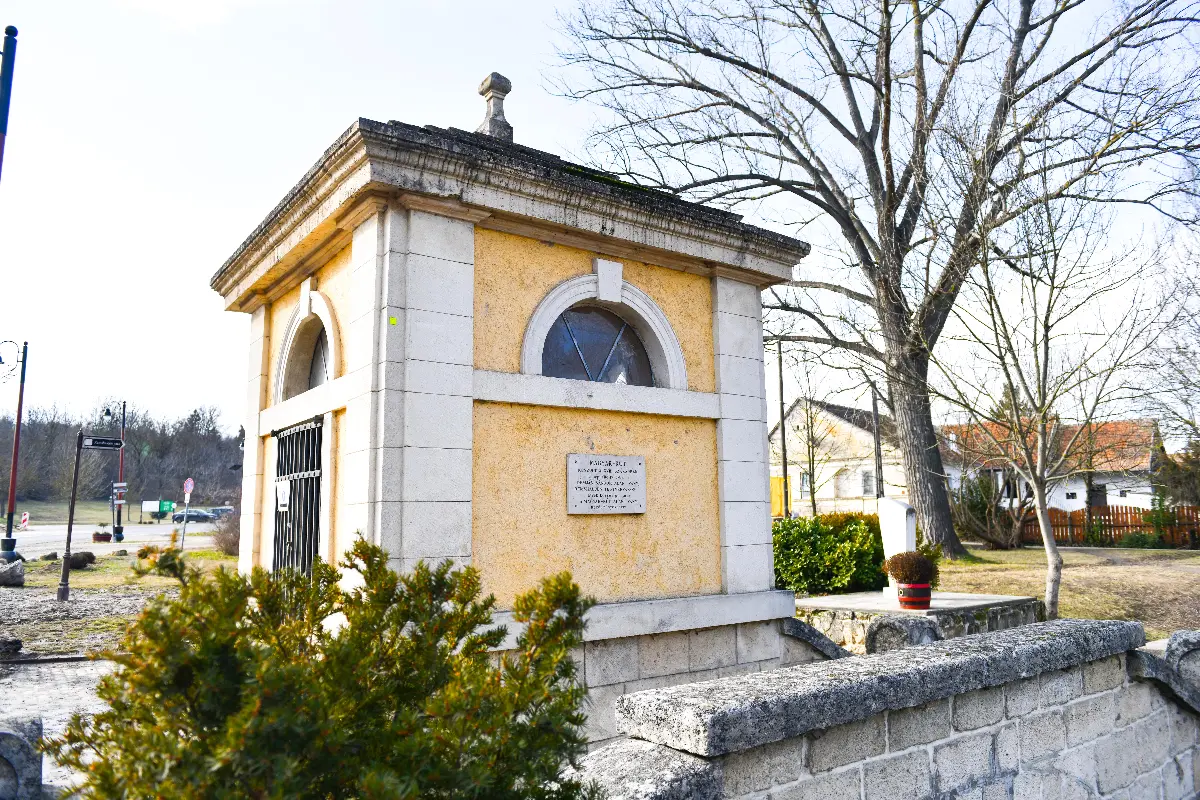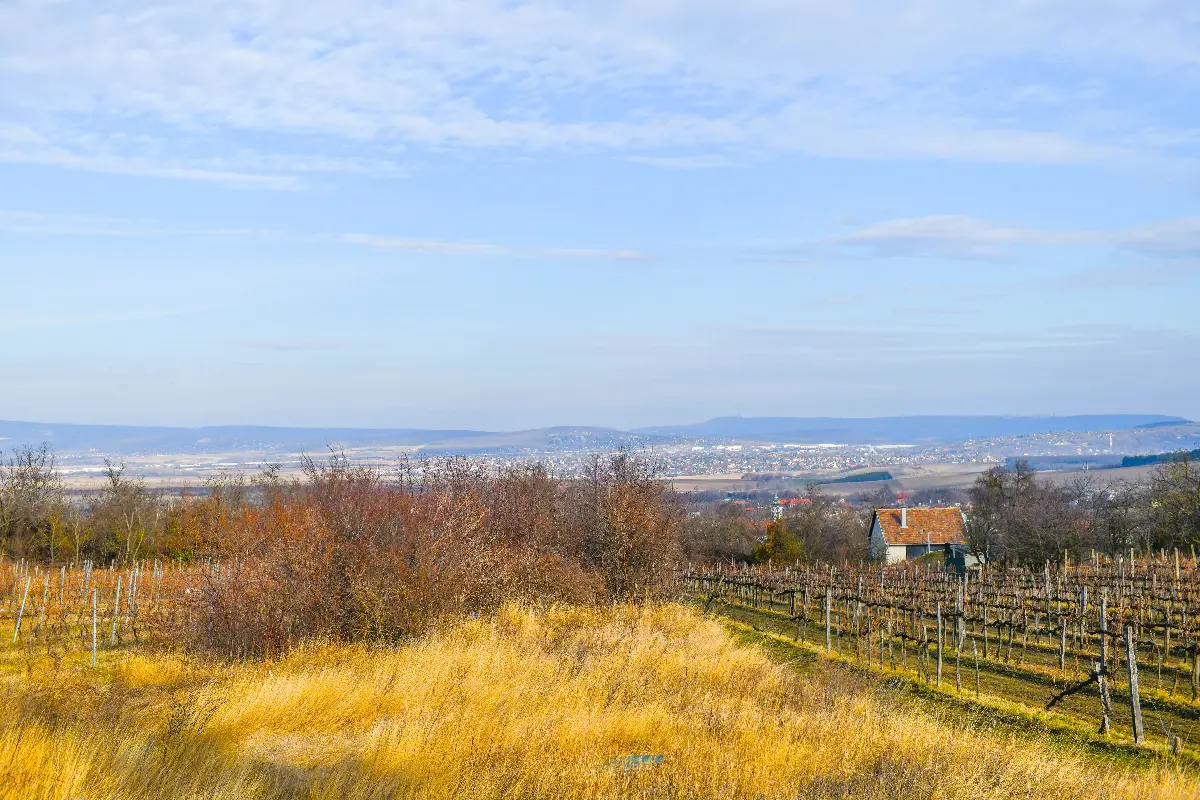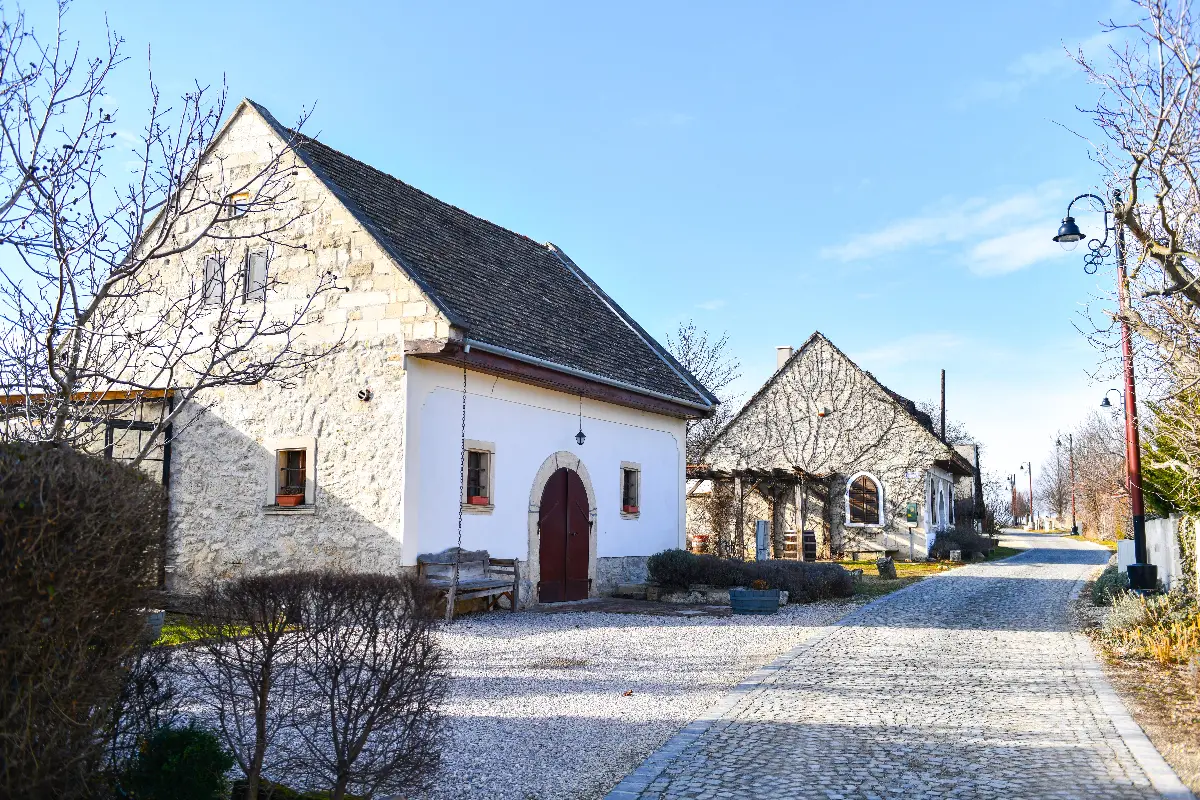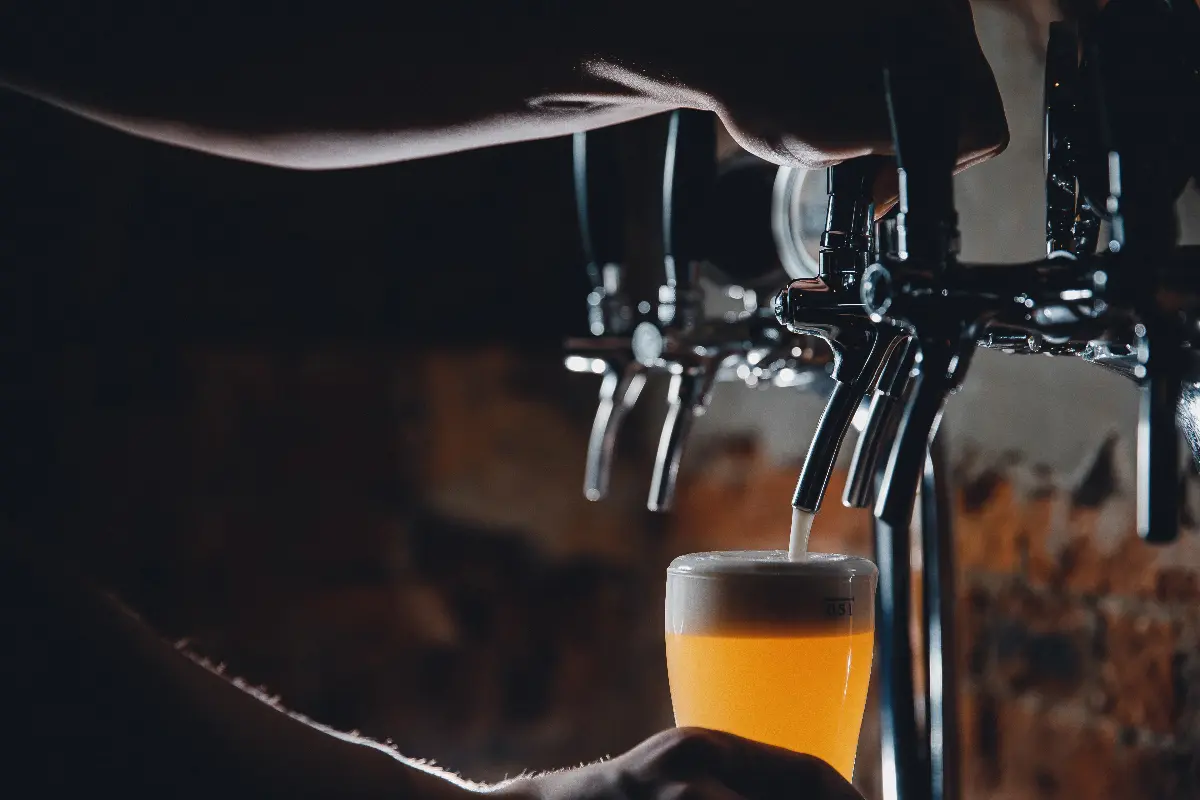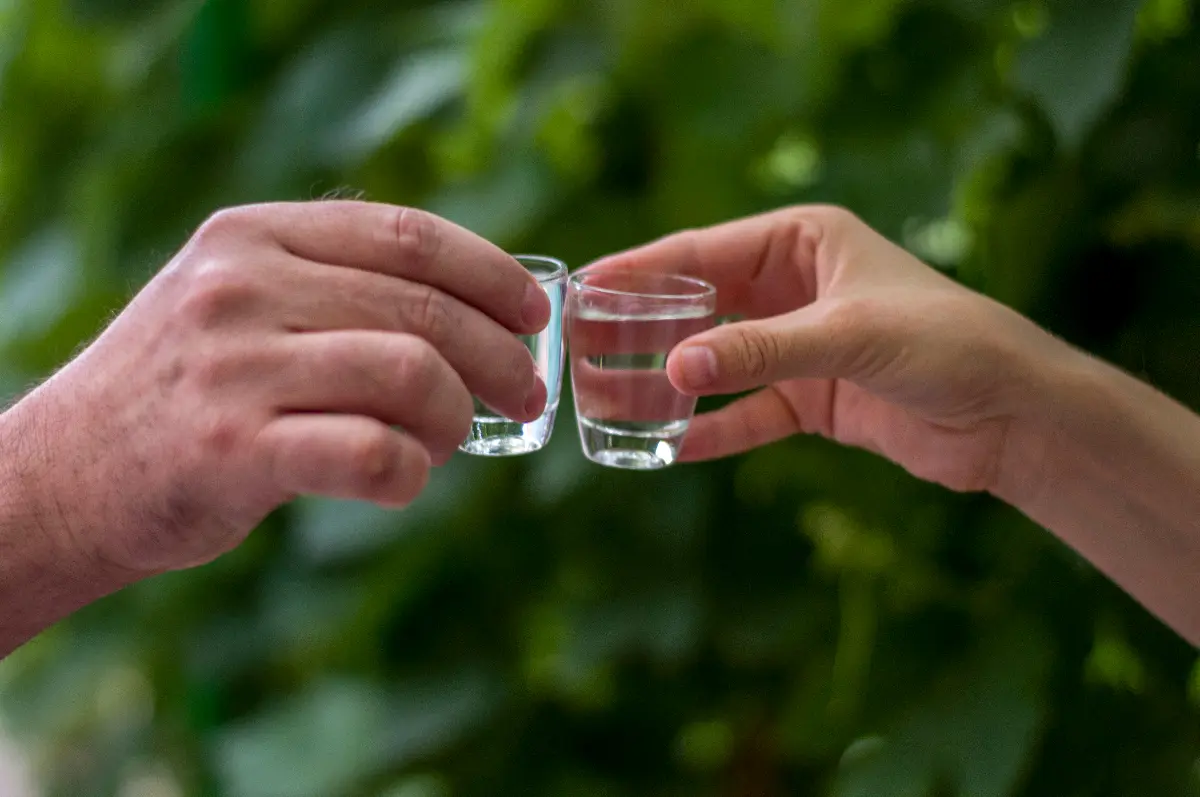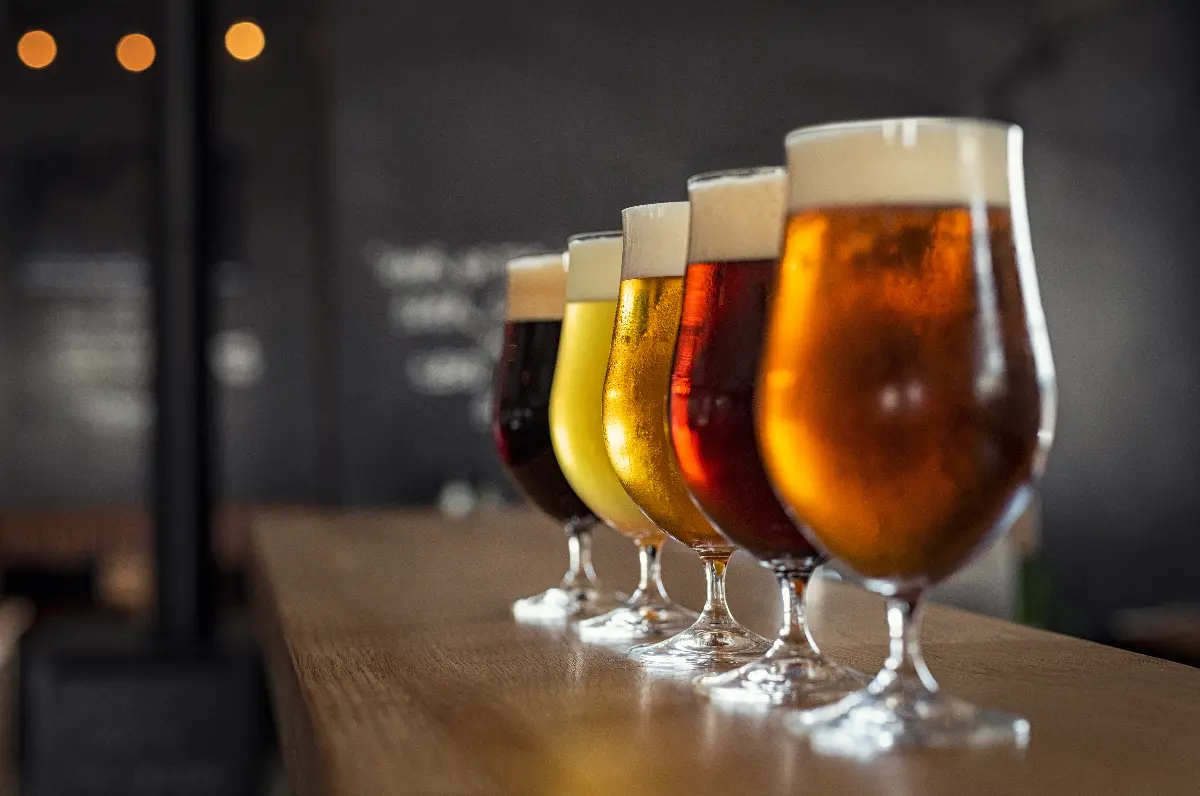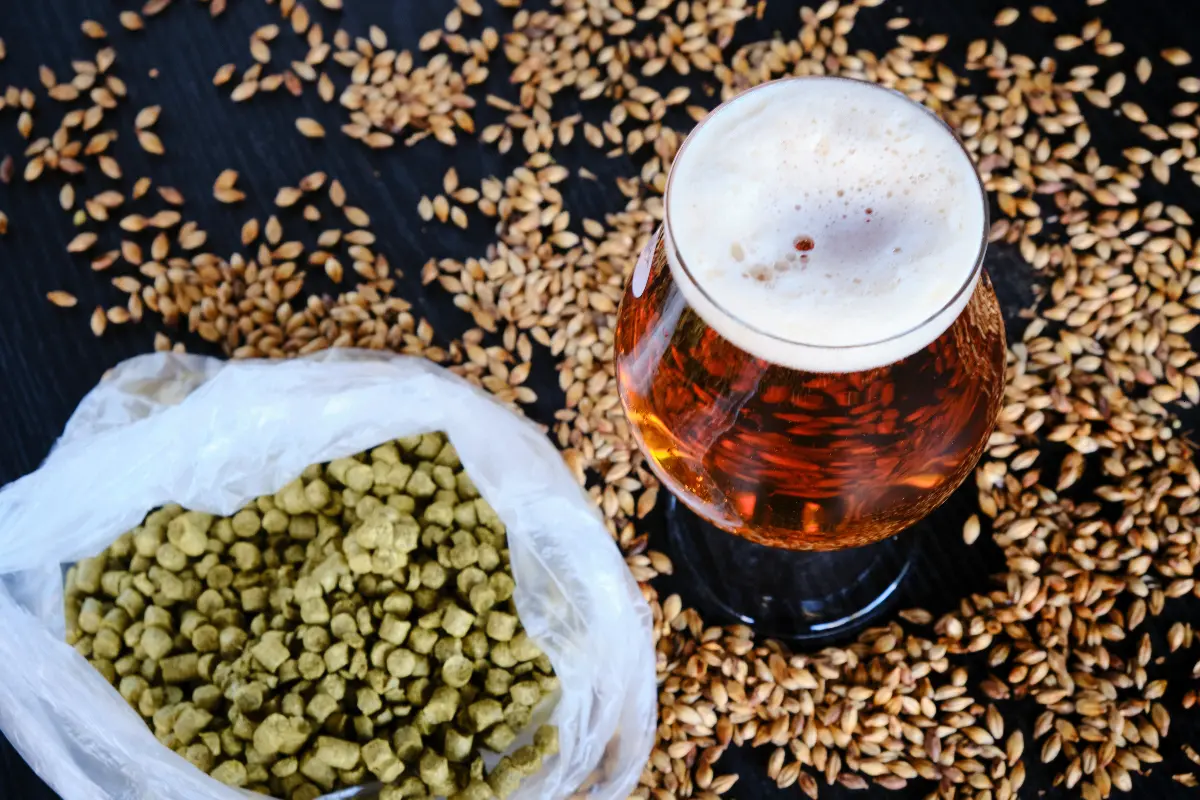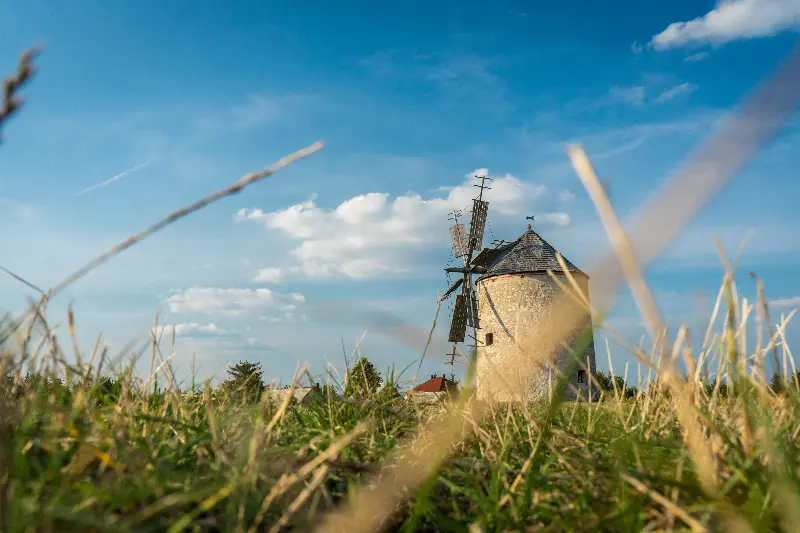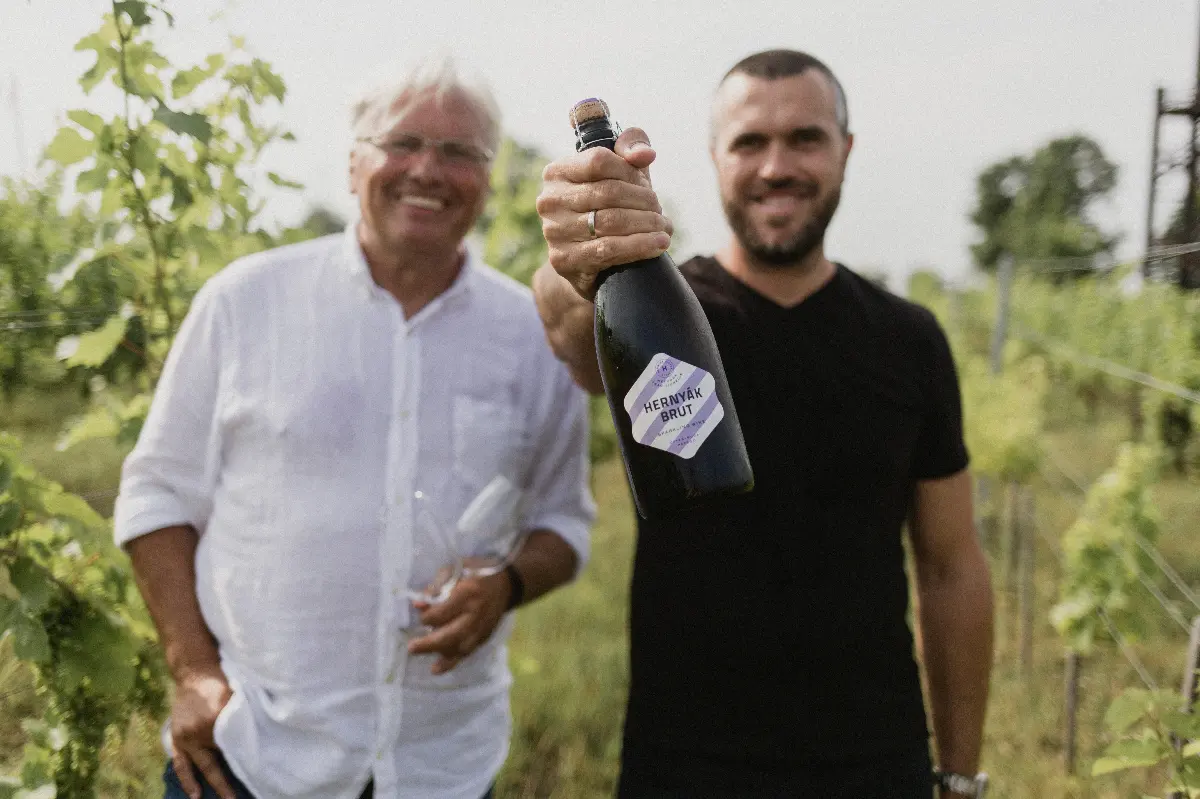
Helyszín címkék:
Etyek, from a different perspective
Káldi Emese
Before the Second World War, a thousand wine cellars were operating in Etyek, five hundred of which are still working today. On the hills surrounding the settlement, there are beautiful rows of vines, which provide the raw material for the famous Etyek wines: the chardonnay, sauvignon blanc, “szürkebarát”, “királyleányka” and “Rajnai rizling”. You can taste them almost all year round: the “Etyeki Piknik” (Etyek Picnic) takes place every season, where you can enjoy seasonal dishes with the wines. But you can also often find open cellars in the area besides the picnics; from spring to autumn, especially on weekends, it is worth visiting the wine capital of the Buda region almost any time. The Etyek-Budai wine region is the youngest one in Hungary, which produces excellent, characterful, acidic wines thanks to the climate and soil typical of the area.
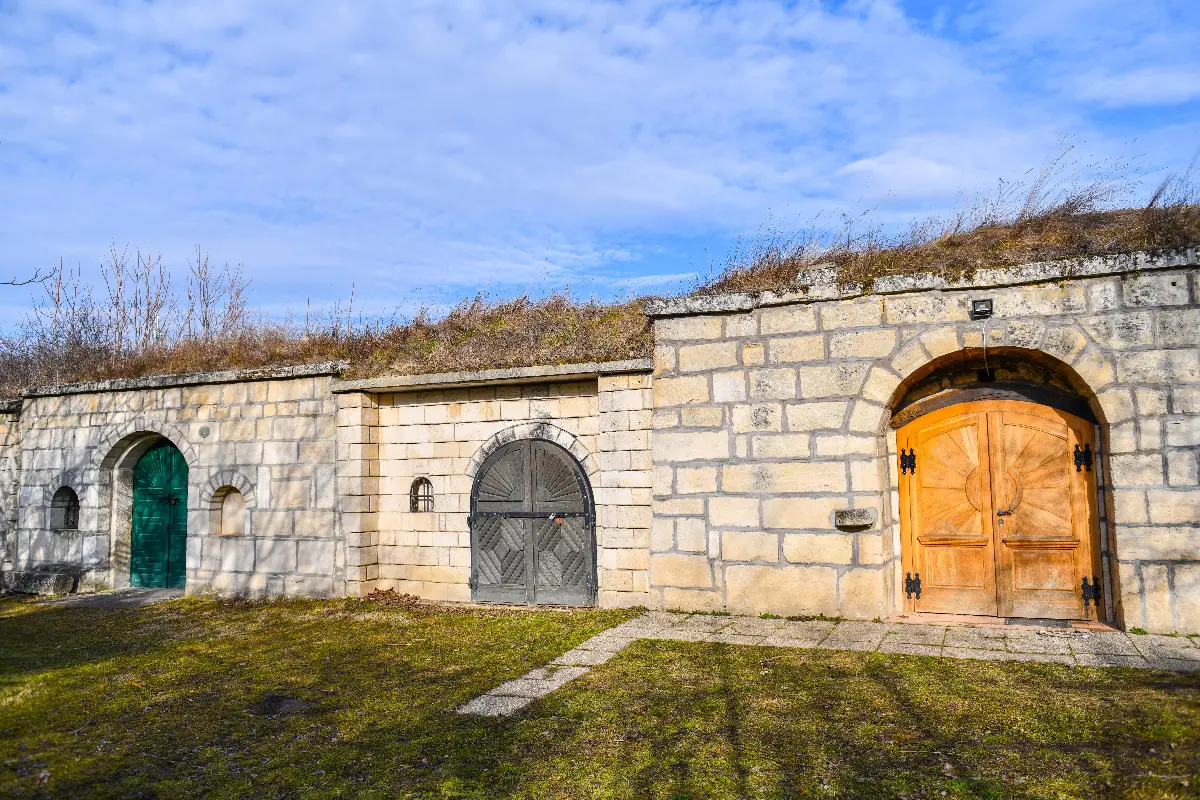
Though, wine is not the only product here. In the early 1900s, besides local farmers, the Törley champagne factory also greatly contributed to the boost of the local vineyards, and the company still grows some of the fruit needed for their production here. But in addition to the “big brother”, there are also a few local businesses making champagne, and doing so in a very high standard. One of these is the “Hernyák Birtok” (“Hernyák Estate”), a “generation farm” run by a family who moved here from Vojvodina in 1993. Besides wine, they have also been making sparkling wine recently. They are determined to put Etyek on the map of world champagne production. (They have a good chance of that, since József Törley once grew his grapes here precisely because he found that this area was the closest to Champagne’s in terms of its characteristics.) One of their partners is the “Anonym pince” (Anonym cellar), where also fine sparkling beverages are produced. Tasting them is not only a treat for the taste buds, but also for the eyes, as both cellars are located on the beautiful Öreghegy, whose cobbled “main street” is a pleasure to walk along. And the views from both the Hernyák terrace and the Anonym tasting room are fantastic.
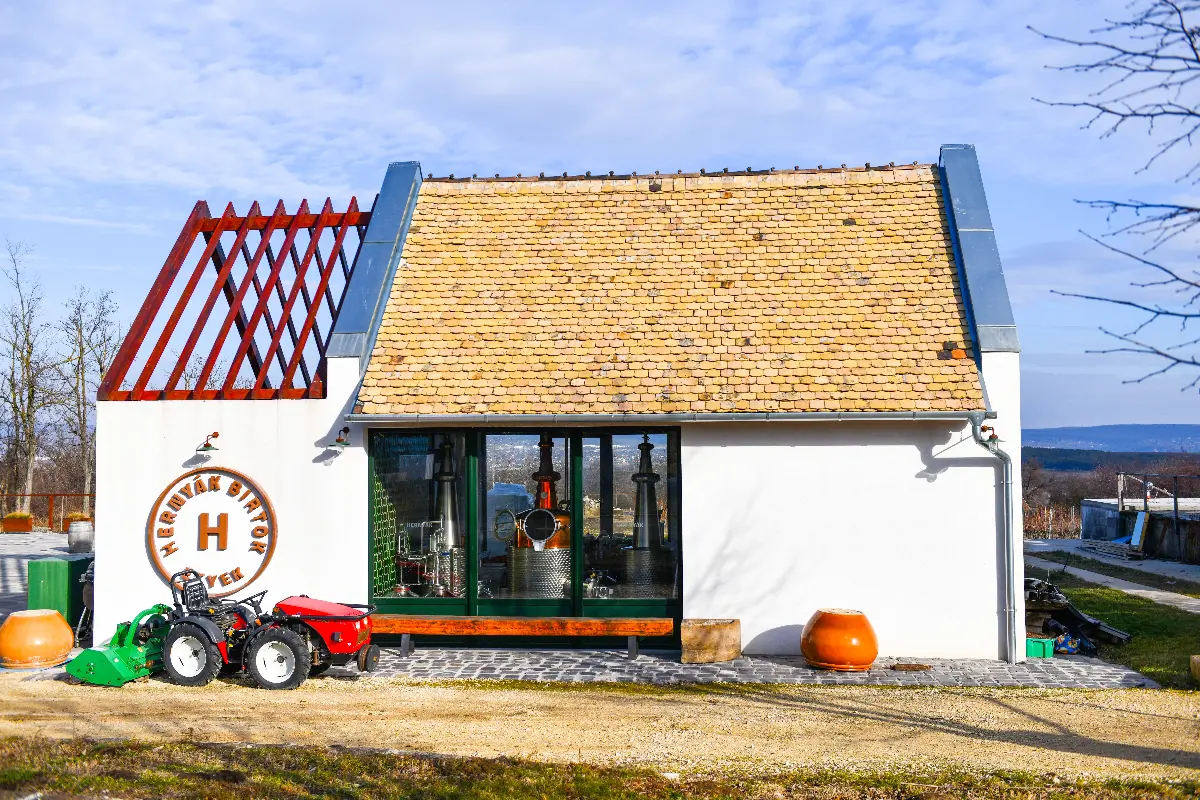
No good views, but a surprise awaits you a few kilometres away, in Etyek-Botpuszta. This is where the “Etyeki Sörmanufaktúra” (Etyek Beer Factory) is operating. Beer in a wine region? Yes, and it is excellent. The bottle-matured live beers of the manufactory are not filtered or pasteurised. And why did they choose to brew beer in the neighbourhood of vines? When the owners were thinking of starting a new business, they did not want to create a new winery and thought it would be a good idea to add a new type of drink to the already rich gastronomic offer of Etyek. And it worked, as proven by their cosy beer garden, open every weekend from the end of March, which is always full.
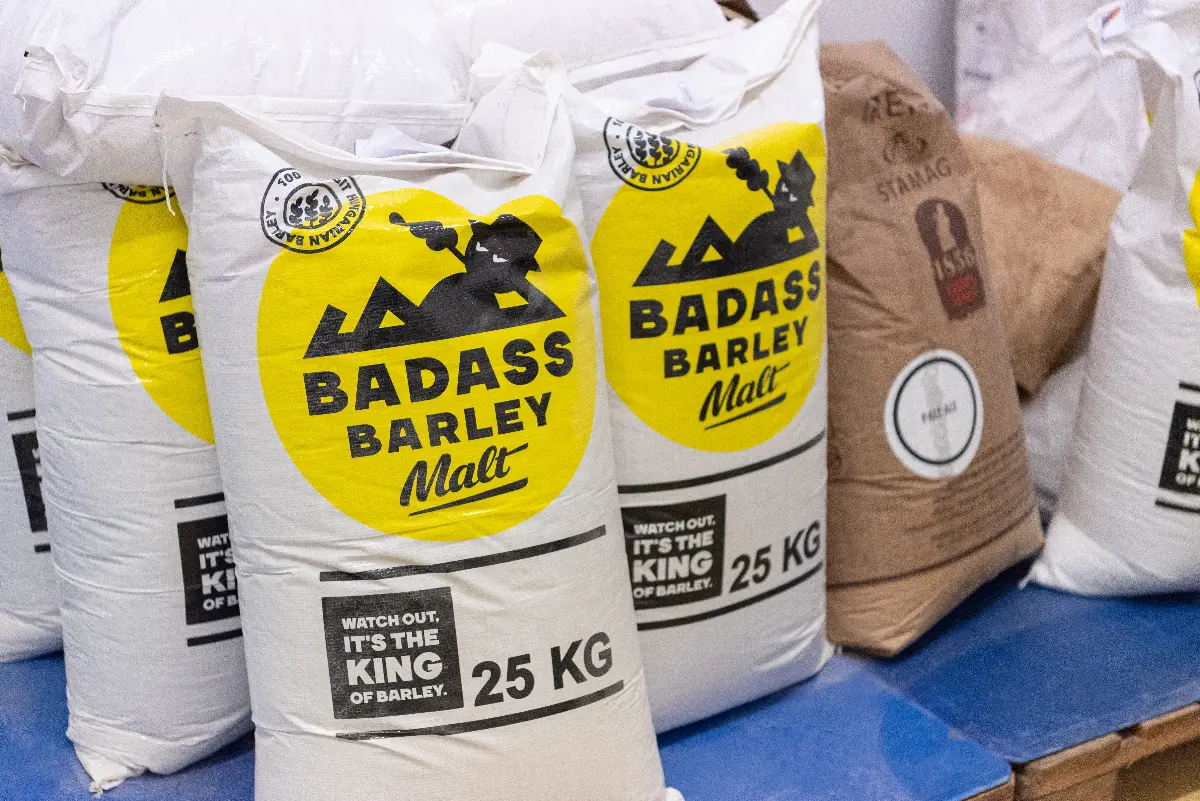
In Etyek, those seeking for more concentrated drinks will not be disappointed either. The Czimeres pálinkaház (Czimeres Pálinka House) which opened in 2009, offers on-site tastings of its fruit brandies on appointment in their cellar at the Sóskúti út (Sóskúti Street) cellar row. In summer you can also take a seat on the terrace admiring the breath-taking view of the surrounding countryside. Speaking of which; as the cycle route from the capital to Lake Balaton also passes through Etyek, it is well worth a visit, even as part of a good bike ride. Although the road is slightly hilly, it passes through a picturesque landscape. Once you arrive in the centre of the village, it is worth taking a look around the Catholic church. In addition to the beautiful Baroque sculptures, you can also admire the Magyar-Kút (Hungarian Well), built in the first half of the 19th century. In addition, you can even taste Etyek coffee – because this magical town even has one. Near the well in the Etyeki Pékség (Etyek Bakery), “the black wine of the wine region” is made, which you can take home in a ground and measured form. And if that is not enough of a surprise, next door to the bakery you can also visit the Café Madeleine for drinks, cakes, snack pastries and even a tart that could be sold in any upmarket city bistro.
